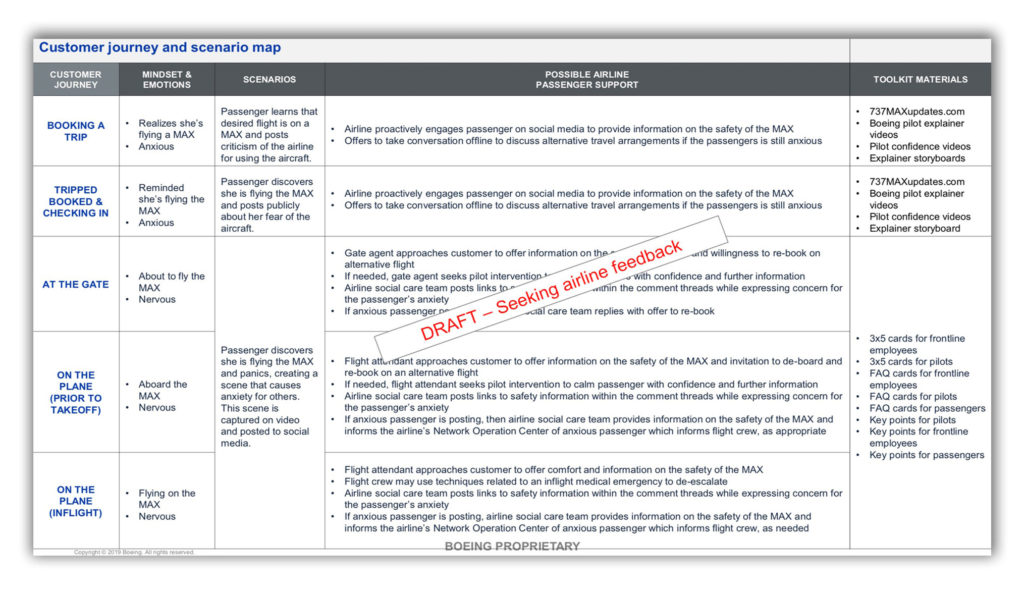Tyler Cowen, the economist, is one of the most interesting public intellectuals around. His blog is a marvel (and a daily visit for me). His capacity to absorb ideas is remarkable. And he is fearsomely productive. So how, one wonders, does he do it?
This week he shed some light on how he works:
I write every day. I also write to relax.
Much of my writing time is devoted to laying out points of view which are not my own. I recommend this for most of you.
I do serious reading every day.
After a talk, Q&A session, podcast — whatever — I review what I thought were my weaker answers or interventions and think about how I could improve them. I rehearse in my mind what I should have said. Larry Summers does something similar.
I spent an enormous amount of time and energy trying to crack cultural codes. I view this as a comparative advantage, and one which few other people in my fields are trying to replicate. For one thing, it makes me useful in a wide variety of situations where I have little background knowledge. This also helps me invest in skills which will age relatively well, as I age. For me, this is perhaps the most importantly novel item on this list.
I listen often to highly complex music, partly because I enjoy it but also in the (silly?) hope that it will forestall mental laziness.
I have regular interactions with very smart people who will challenge me and be very willing to disagree, including “GMU lunch.”
Every day I ask myself “what did I learn today?”, a question I picked up from Amihai Glazer. I feel bad if I don’t have a clear answer, while recognizing the days without a clear answer are often the days where I am learning the most (at least in the equilibrium where I am asking myself this question).
One factor behind my choice of friends is what kind of approbational sway they will exercise over me. You should want to hang around people who are good influences, including on your mental abilities. Peer effects really are quite strong.
I watch very little television. And no drugs and no alcohol should go without saying.
Footnote ‘GMU’ = George Mason University, where he works.


